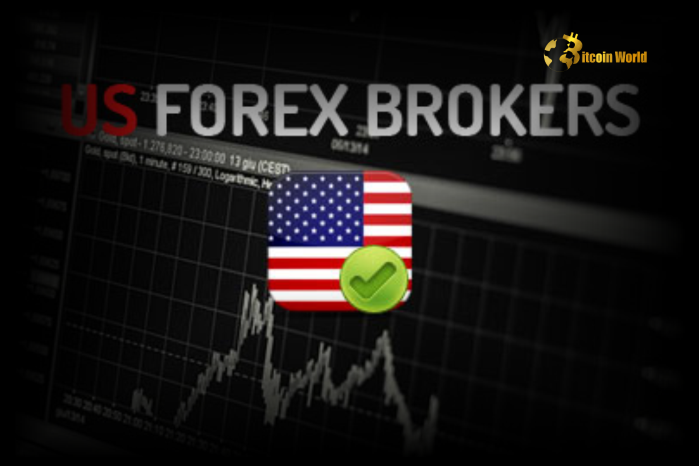Best Forex Brokers for Traders in the US
Best Forex Brokers for Traders in the US
Blog Article
How to Get Started with Forex Trading in the US
Foreign trade, or Forex trading, pulls an incredible number of participants in the United Claims every year. Its utter size and liquidity allow it to be one of the very most attractive areas globally. But, forex trading for beginners. takes a distinctive and rigid approach to regulating Forex activities. If you're looking to deal currencies or simply want to know the way appropriate frameworks shape the Forex market, knowledge these rules is crucial.

Important Legitimate Frameworks Shaping Forex in the US
Forex regulation in the United States is distinguishable because of its thorough risk controls and customer protections. Two primary government bodies oversee most Forex actions:
• Commodity Futures Trading Commission (CFTC)
• National Futures Association (NFA)
The CFTC, produced in 1974, is assigned with regulating the futures and options markets, international change included. The NFA, as a self-regulatory business, performs strongly with the CFTC to enforce rules and maintain equity in trading practices.
Subscription and Conformity
Every Forex supplier or broker using the services of U.S. residents must enroll with the CFTC and NFA. These entities will also be needed to stick to rigorous detailed criteria, including:
• Minimal internet money needs (often higher than in different countries)
• Continuous audits
• Strong anti-money laundering (AML) policies
• Transparent risk disclosure
Violations may lead to large fines or a permanent ban from the market. That regulatory construction seeks to avoid scam, defend investors, and increase industry integrity.
Significant Restrictions on Forex Activities
Foundational defenses affect how Forex runs in the U.S.:
• Power restricts: The NFA models a maximum power of 50:1 for significant currency pairs and 20:1 for minors. That is far below many international markets, helping defend new traders from substantial losses.
• Segregation of funds: U.S. law requires that client resources are kept split up from broker operational funds. This measure safeguards traders in case a broker becomes insolvent.
• Advertising and disclosure: Firms should obviously explain risks, costs, and trading systems to clients. Misleading or extreme solicitation techniques experience rigid penalties.
Enforcement and Penalties
U.S. agencies often check for fraudulent systems, insider trading, and illicit industry manipulation. Mathematical knowledge from enforcement studies reveals a constant sample of penalties and settlements in recent years, highlighting continuous vigilance. That setting, while stricter than many areas of the entire world, generates a safer playing subject for retail and institutional traders alike.
What things to Consider as a US Forex Trader
New traits reveal a continuing rise in regulatory measures, a focus on client knowledge, and constant updates to compliance requirements. If you plan to trade Forex in the U.S., it's important to:
• Validate a broker's active subscription status
• Remain updated with regulatory improvements
• Evaluation chance disclosures before making trades
This process decreases unforeseen deficits and improves your prospects in a tightly managed but powerful marketplace. By understanding legal rules, U.S. traders can confidently be involved in the Forex market while staying within the parameters of the law.
Report this page